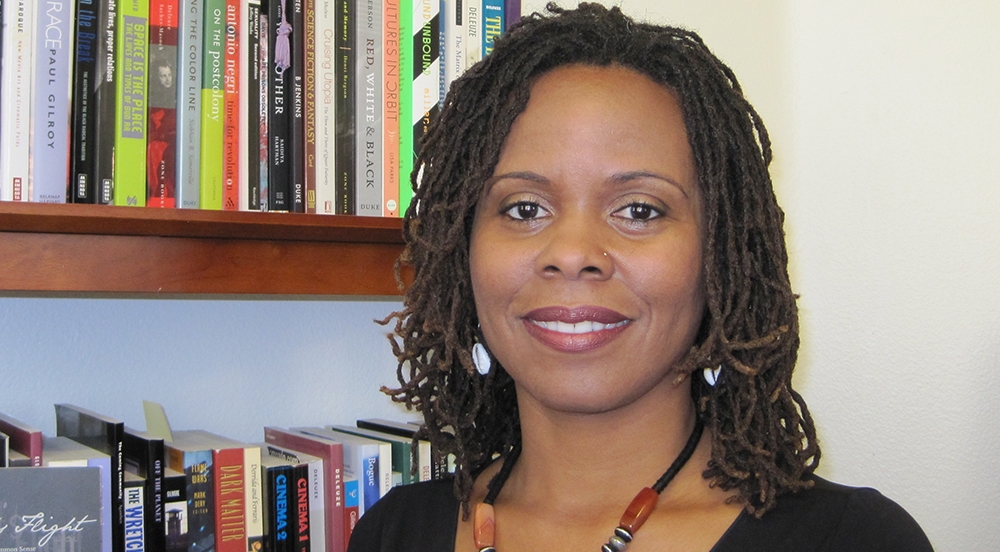
Your residents may need to advocate for themselves when they visit their physicians, to ensure that they receive the HIV screening that the Centers for Disease Control and Prevention recommends for nearly all adults. Research recently published in Public Health Reports shows that HIV testing among older adults is declining despite recommendations from the government.
The advice may be especially important for older adults who are not in high-risk groups, the researchers say, because prior evidence shows that a substantial minority of them are living with undiagnosed HIV infection.
To reach their conclusions, the researchers, led by the University of California, Los Angeles, Fielding School of Public Health, examined HIV testing trends among adults aged 50 to 64 years both before and after 2006. That latter year is when the CDC recommended that most physicians automatically screen all adults for HIV regardless of whether they were exhibiting symptoms.
Levels of engagement in HIV risk behaviors remained constant, Chandra L. Ford, PhD, and colleagues found, yet testing decreased from 5.5% in 2003 to 3.6% in 2006 among members of this age group. Testing increased immediately after the CDC’s recommendation to about 4.5 percent, but then fell to 3.7 percent after 2009. Testing increased during this time only among non-Hispanic blacks and those who recently had visited a physician.



